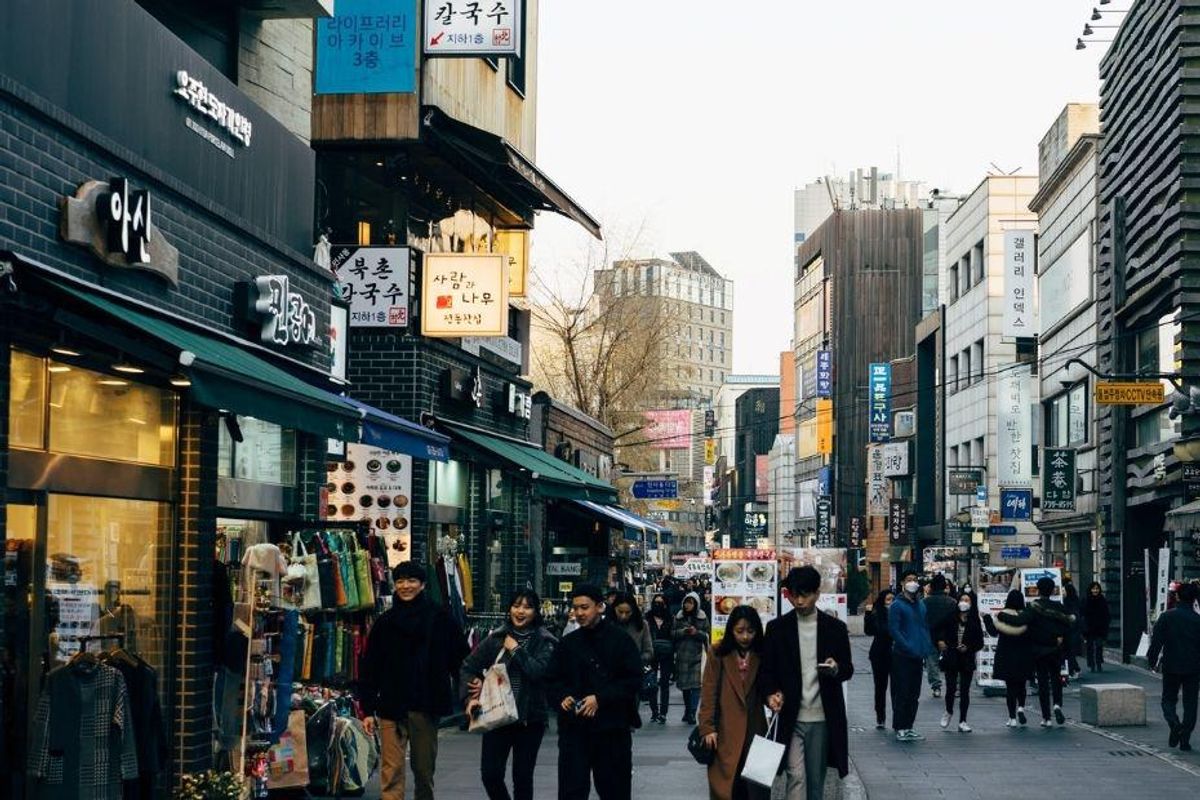
Can you remember how old you are? As we get older, remembering our actual age can get harder, especially when it begins to take longer and longer to scroll and find your birth year. Now imagine having to keep track of two different ages. For many South Koreans, this is the reality. That’s right, based on a tradition that dates back so far no one really knows when it started, most South Koreans are two different ages. But their new president is looking to change the tradition, to make life easier for everyone.
Currently, South Koreans have their “Korean age” and their international age. The “Korean age” is the thing that President Yoon Suk-yeol is looking to change. The way it works is that a person is considered a year old at birth, adding a year every January 1. So if you have a baby born on December 30, on January 1, they’re 2 years old, even though they’ve only been alive two days. The Korean age is mostly used in social situations, while the international age (where you turn 1 on your first birthday) is used for legal purposes.
“If I try to fill out a form at a government office or a foreign embassy, I’m not sure what to put for my age,” Lee Jae-hye, a video producer in Seoul, told The New York Times.
It’s worth mentioning there’s a third, less common way of defining age: “year age,” which is kind of a hybrid of the two other practices. A newborn is considered 0 at birth, but they add the first year on January 1. So again, a December 30 baby would be 2 days old and also 1 year old. This is only used for military service and elementary education. No wonder it’s confusing for the citizens.
Lee Yong-ho, chief of the president-elect’s transition committee, acknowledged the stress these different ages puts on citizens.
“Due to the different calculations of legal and social age, we have experienced unnecessary social and economic costs from persistent confusion and disputes over calculating age when receiving social, welfare and other administrative services or signing or interpreting various contracts,” he said in a press briefing.
For many South Koreans, keeping track of up to three ages is just too much of a pain. Having to remember the right birth certificate because you use one for the doctor’s office but another one for the DMV sounds like a nightmare. While the average person understands what paperwork they need for where, the need alone is a major source of frustration. That’s why so many adults are in favor of the president’s decision to make the change by the end of the year.
A survey taken this past January shows that 40% of adults believe making the change will “ease conflicts within the country’s social hierarchy.” As a hierarchical society, the focus on age and having multiple ages can cause confusion and unnecessary conflict. If you search “Korean age system,” you’ll discover multiple calculators in case you forget or don’t know. Some historians and scholars worry that the change will be a detriment to society, but there’s a better chance that younger generations will embrace the universal change to international age.
